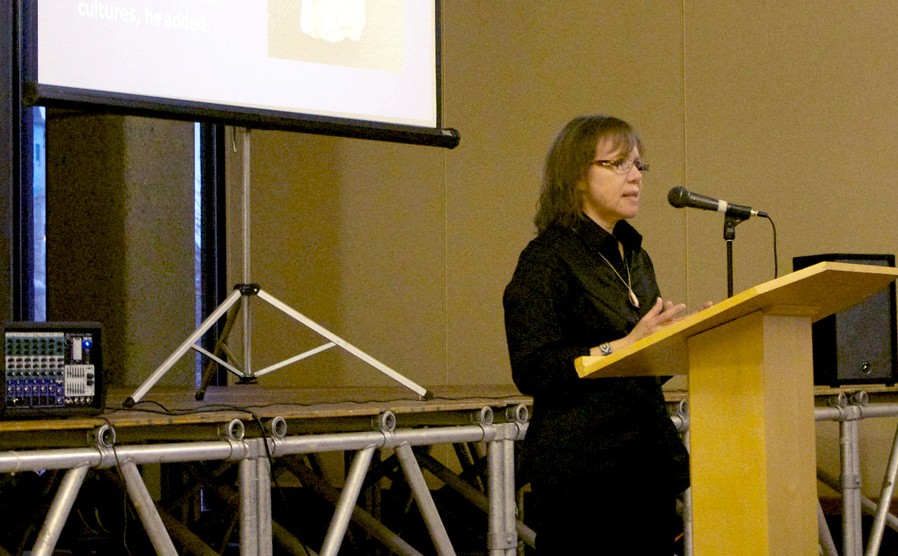Last weekend, the Equity Committee of the Students’ Society of McGill University (SSMU) held its annual conference in the SSMU Ballroom for students to learn about issues of inequality and how to promote equity at McGill. Throughout the two-day conference, professors, guest speakers, and students shared their research on equity.
SSMU’s Equity Committee follows the SSMU Equity Policy to promote social justice at McGill, and offers services and channels for addressing equity complaints.
“We tend to think that since we’re at McGill, a university with much cultural diversity, everyone would love each other, but that is not the case,” SSMU Equity Commissioner Justin Koh said. “There are lots of situations in which students are not very comfortable if they are not of the dominant race, social, or ethnic background … this conference is an opportunity for students who have done research on this topic to share their knowledge.”
The first half of the conference, held on Friday night, featured five speakers who gave their perspectives on the definition of space and on the issues of inequality that might arise when people with different backgrounds and goals share a common learning space. The second half of the conference, held on Saturday morning, allowed undergraduate students to present their papers and findings regarding equity on campus.
Ellen Gabriel, an Aboriginal political activist from the community of Kanehsatà, spoke about historical injustices against Indigenous populations, contemporary debates on Indigenous affairs, and their relation to the McGill community. She suggested that attention to Indigenous welfare and heritage from the Canadian government is largely inadequate, and that Canadian public education should invest more effort into educating students on the history and issues concerning Indigenous minorities.
“We are marginalized within academia,” Gabriel said. “I think [because of] the fact that after 11 years of lobbying by students, there still isn’t an Indigenous program, definitely, McGill is not viewed by most Aboriginal students as very welcoming, because there is really nothing here.”
McGill currently offers courses in Aboriginal Studies under the Canadian Studies department, and is in the process of establishing an Indigenous Studies program.
The issue of racial inequality was also brought up during the conference. Mahtab Nazemi, a graduate student from McGill’s Faculty of Education, presented her Master’s thesis: “Beyond Racism: Mapping Ruling Relations in a Canadian University from the Standpoint of Racialized Women Student Activists.” Nazemi informed the audience about the experience of some racialized students at McGill.
“[McGill has] a good reputation of being equitable and diverse globally, but some of the ‘old boys’ club’ reputation is still there,” Nazemi said. “If [a McGill student] can live up to that experience [of being treated equitably] then great—you can feel represented by the institution. But if you can’t, then it is important for you to present your counter narrative.”
The topics of other presentations ranged from the effects of political representation on equality to the gendered landscape of urban spaces. Students engaged with speakers during short question and answer sessions after each presentation.
“[As] McGill is my community, I am very interested in how [equity] affects me,” Sarah MacArthur, U1 arts, said. “Even if we live in Canada, and we go to a very liberal university, [issues of inequality] are still present in my eyes.”
SSMU Equity Commissioners Justin Koh and Shaina Agbayani promised attendees that another conference would be hosted next year.







